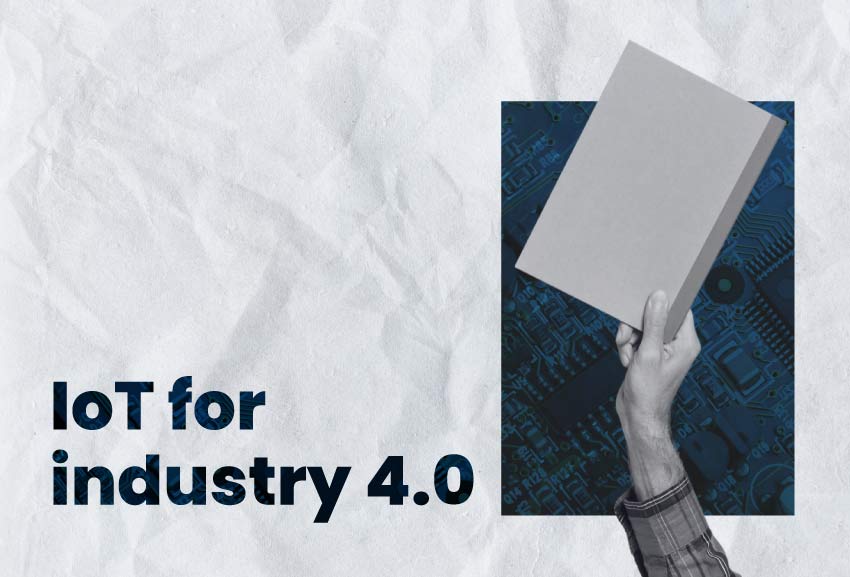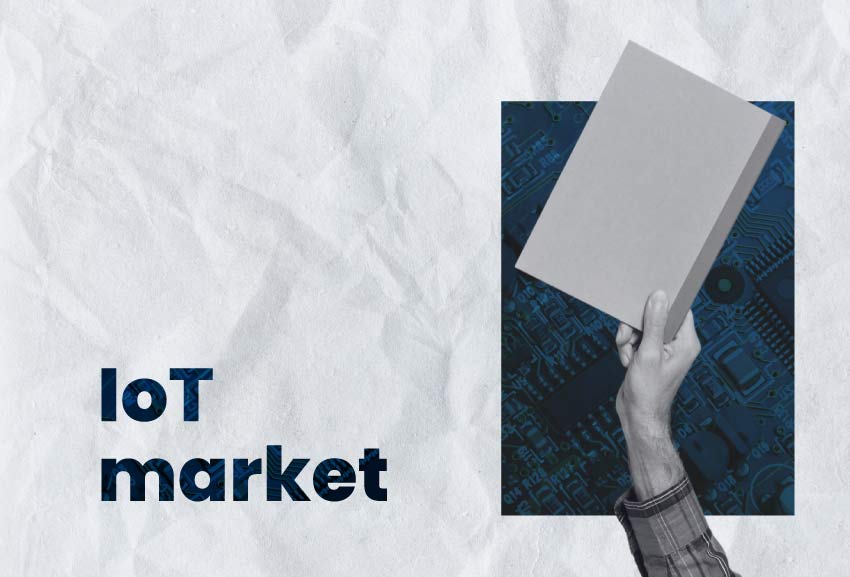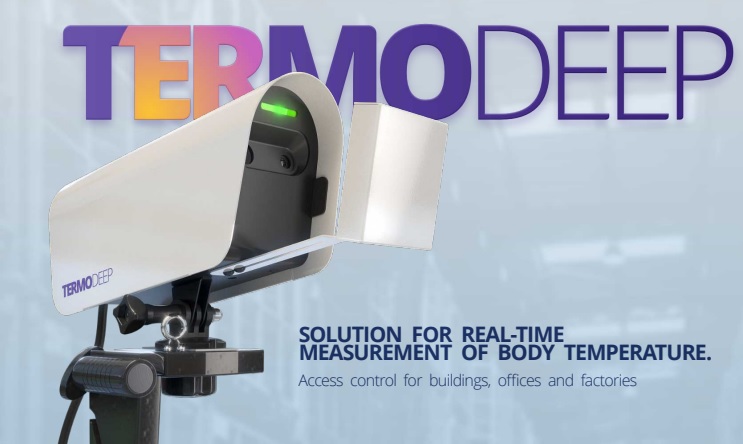Nowadays, people are talking about industry 4.0 and the IoT, and they get confused on what their differences are. IoT for Industry 4.0 refers to the use of IoT technology to contribute to the fourth industrial revolution, also known as Industry 4.0. This new type of industry is characterized by the integration of advanced technologies such as:
- Internet of Things
- Artificial intelligence
- Robotics
- Big data
- Cloud computing
- Machine learning
- Cybersecurity
All these elements integrate together for improving manufacturing and production processes in the factories.
IoT for Industry 4.0 can be used to connect and monitor industrial equipment and machinery, enabling real-time data collection and analysis. This is one of the reasons why people get confused with the Industrial Internet of Things (what is IIoT), however, IIoT is just a part of industry 4.0.
Difference between Industry 4.0 and IoT
Taking into account the previous definition, IoT represents just an element that can be used in Industry 4.0, but that is responsible for boosting its growth.
Without the Internet of Things, the fourth industrial revolution wouldn’t be possible, as it has changed the way data is measured, and how objects interact with each other to exchange information.
Benefits of Industry 4.0 and IoT
There are many benefits of using IoT technology in industry 4.0, let’s see some of them:
Predictive analysis and tasks:
IoT in industry 4.0, along with AI and machine learning can be used to monitor the health and performance of industrial equipment. This integration can allow the different systems powered by AI to predict maintenance routines that don’t affect the current manufacturing process of the factory. Instead of reactive maintenance, the company changes to a proactive approach (see Smart grid IoT).
This way, companies can reduce the risk of productivity issues, and be able to achieve the different production goals.
Efficiency to a new level:
Thanks to the integration of new autonomous robots in the factories, the production processes are being improved, since they are able to record information, analyze it, and communicate with other devices to make quick decisions.
This doesn’t eliminate human interaction, but rather, it contributes to a whole new level of communication where they can interact with machines to increase the productivity of the different areas.
Here, the protagonist is IoT in industrial automation, since robots can gather data and improve the different processes of the industry.
Quality control:
Through IoT for industry 4.0, there can be a better usage of supplies, or control over resources that need to be used for manufacturing processes. The different systems that are powered by AI will be in the capacity to analyze and implement the most efficient productive processes to guarantee the quality of the final product, and to reduce the costs of wasting material that can be used in more optimal ways.





